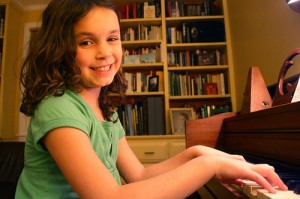 I apologize for being a bit MIA around the blog lately. I have a couple of projects that I am working on right now for my local MTNA association. One of them is designing a website. It’s about half-way done and if you’re interested in taking a sneak peek, you can click here to see it. 🙂
I apologize for being a bit MIA around the blog lately. I have a couple of projects that I am working on right now for my local MTNA association. One of them is designing a website. It’s about half-way done and if you’re interested in taking a sneak peek, you can click here to see it. 🙂
Anyway, our last Forum Q&A was a discussion about accepting and then teaching adult students at the students’ homes. We also hit on a few other situations, like females teaching male adult students at the teacher’s home. There was a good overall consensus about handling such situations. It’s so great to get advice and support from others, so thank you all for your contributions to the discussion! (As always, it’s never too late to comment if you haven’t already!)
Here’s the question for today:
What is the ideal role for the parents when it comes to piano lessons? If a parent asks about what they can be doing to help and support their child, what is your answer? Do you require or encourage parents to sit in on lessons? Do you require parents to help young beginners practice? Do you hold yearly or semesterly meetings with parents to discuss progress?
Leave your thoughts in the comments below.
Photo Credit: woodleywonderworks | CC 2.0
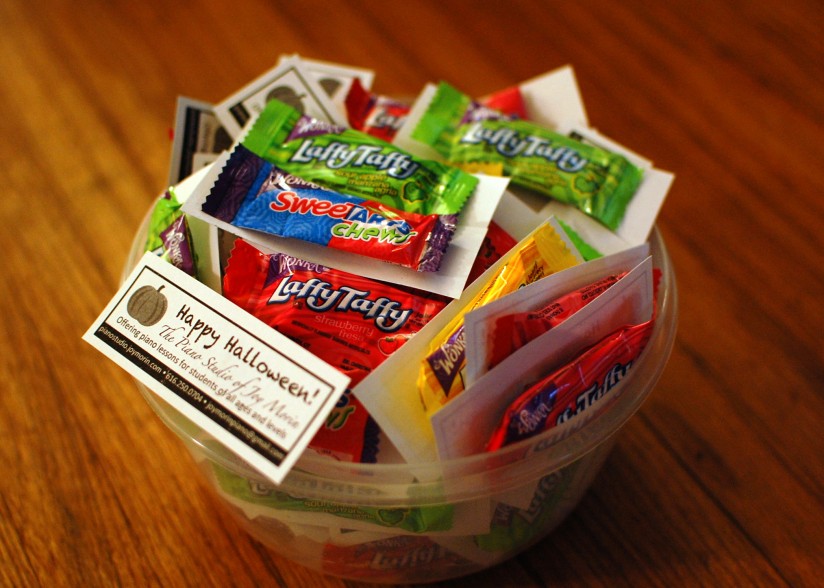


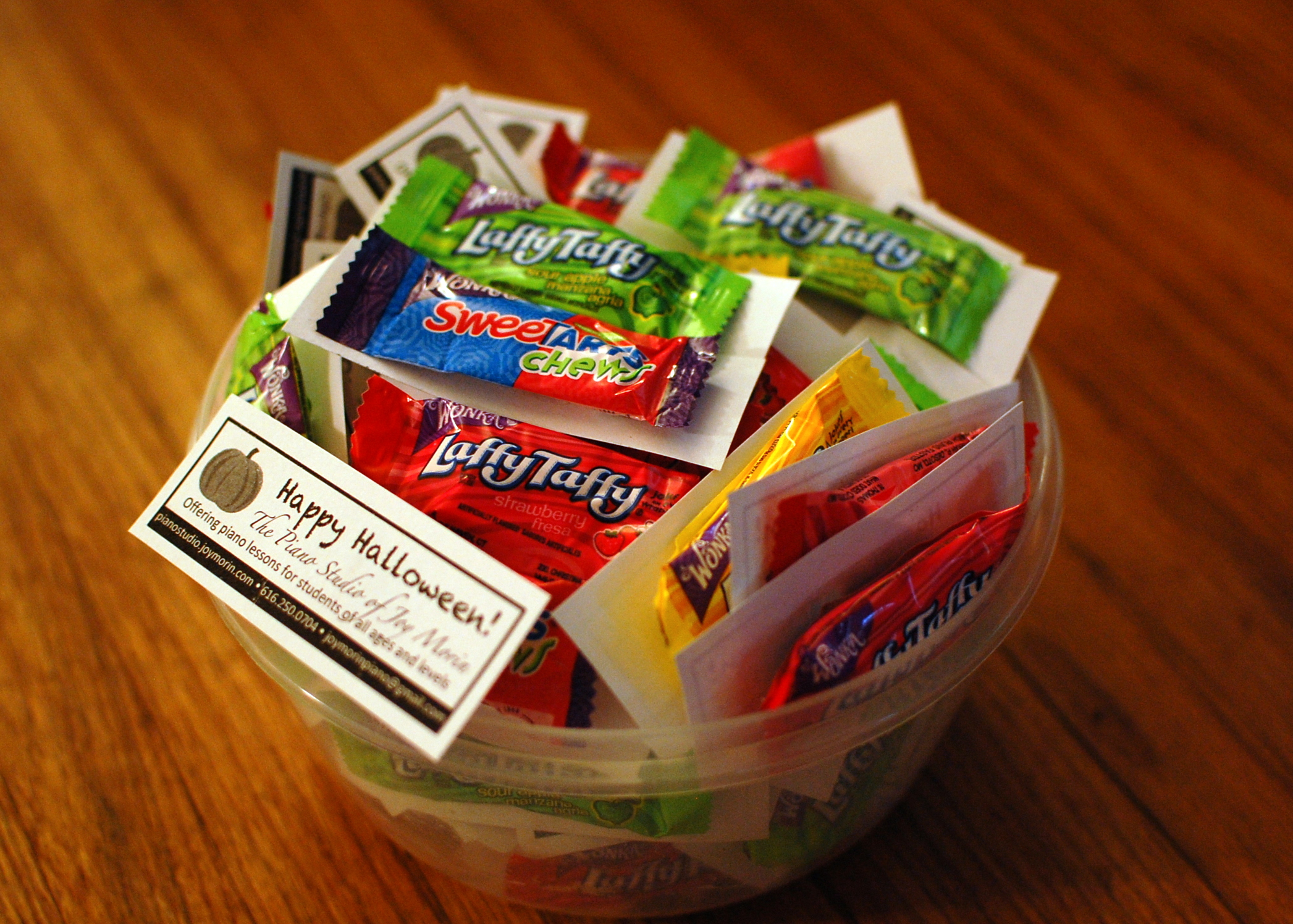
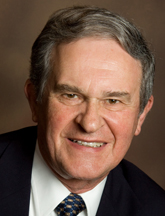
 Here’s another session given by the well-loved pedagogue Marvin Blickenstaff from the 2011 OhioMTA Conference:
Here’s another session given by the well-loved pedagogue Marvin Blickenstaff from the 2011 OhioMTA Conference: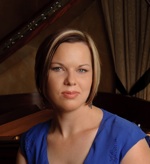 The next session at the OhioMTA Conference was given by Dr. Nicole Biggs, the new piano professor at Bowling Green State University in my town:
The next session at the OhioMTA Conference was given by Dr. Nicole Biggs, the new piano professor at Bowling Green State University in my town: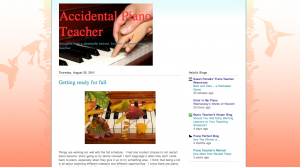
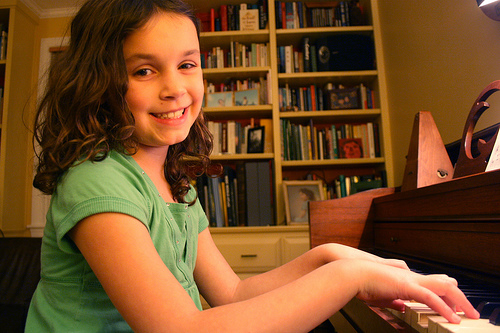
 I apologize for being a bit MIA around the blog lately. I have a couple of projects that I am working on right now for my local MTNA association. One of them is designing a website. It’s about half-way done and if you’re interested in taking a sneak peek, you can
I apologize for being a bit MIA around the blog lately. I have a couple of projects that I am working on right now for my local MTNA association. One of them is designing a website. It’s about half-way done and if you’re interested in taking a sneak peek, you can 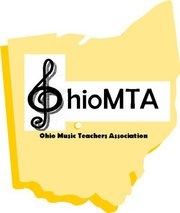
 Any fellow Ohioans out there? The
Any fellow Ohioans out there? The 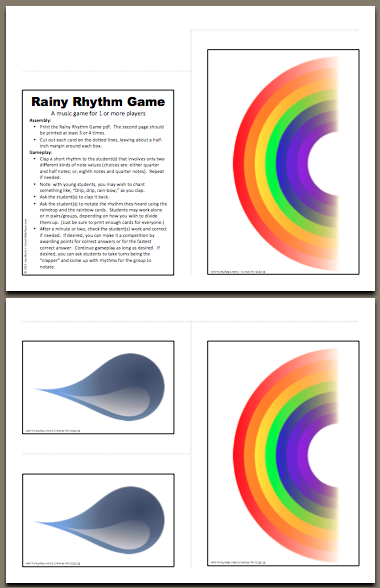
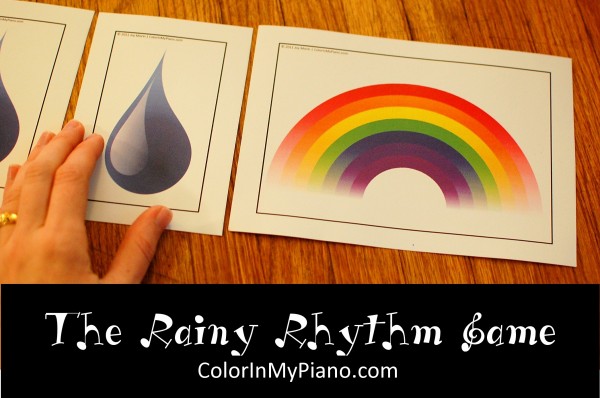
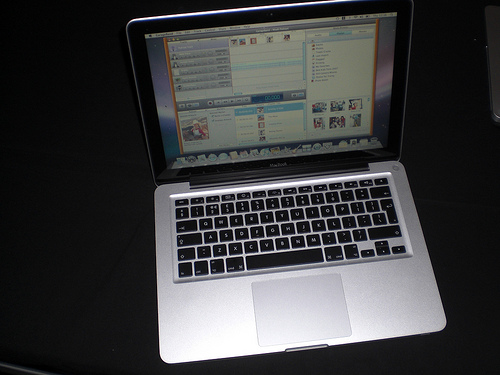 I’ve been intending to write this post in the “Studio Marketing” series (perhaps the last one) for awhile now, but I was stalling in hopes of being able to include more information about the new Google+ social networking site……I’ll get to that in a moment. Read on. 🙂
I’ve been intending to write this post in the “Studio Marketing” series (perhaps the last one) for awhile now, but I was stalling in hopes of being able to include more information about the new Google+ social networking site……I’ll get to that in a moment. Read on. 🙂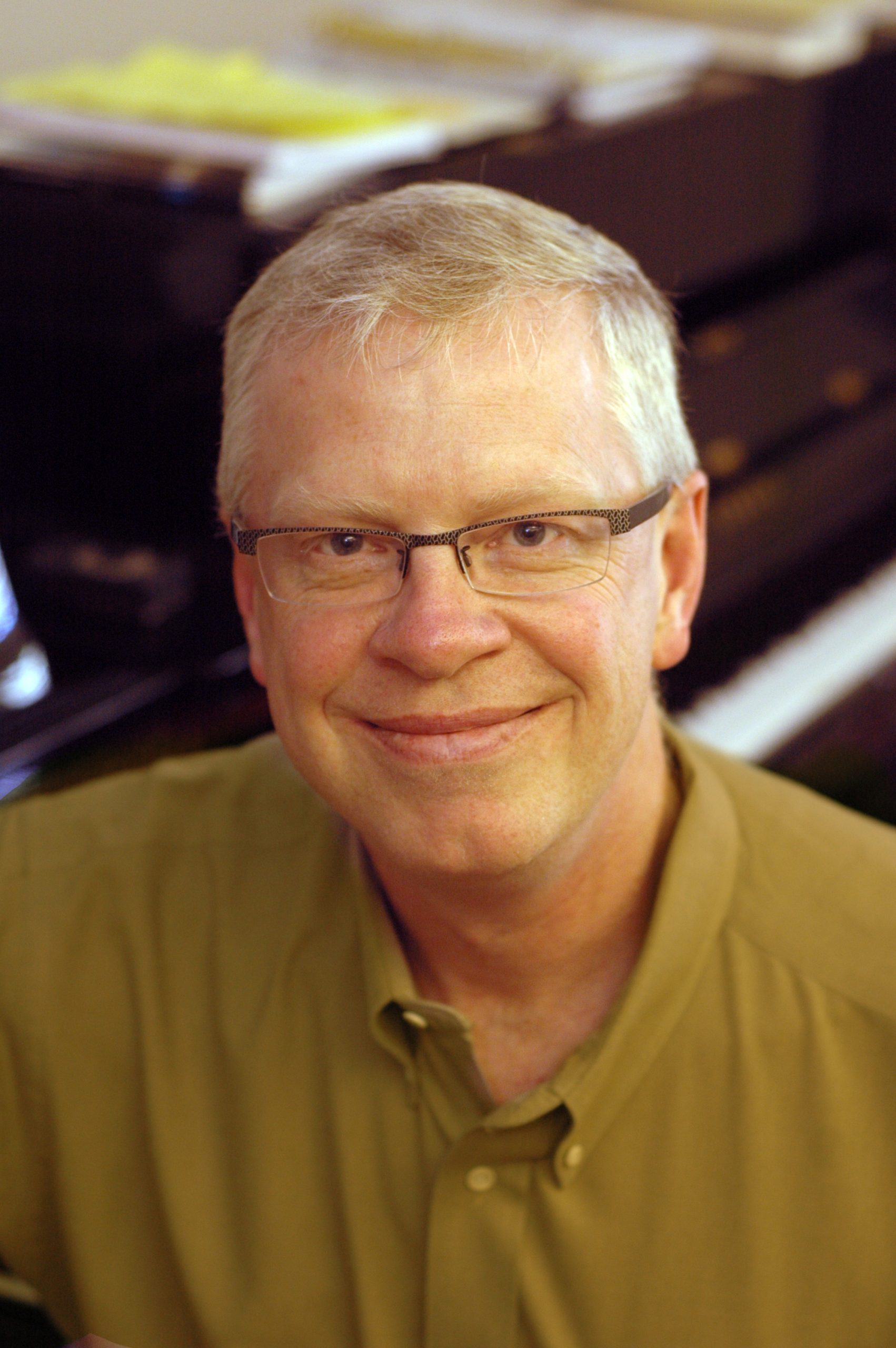
 Yesterday, I attend a Teacher Information Session for
Yesterday, I attend a Teacher Information Session for 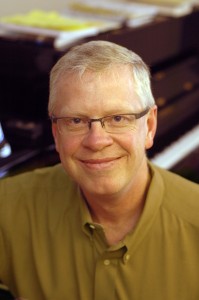 Dr. Andrew Hisey was our presentor. He began the workshop by giving a brief look at the history of TAP and how this collaboration came about. Then he talked about the goal of TAP: to connect people coast-to-coast with a common language and share the celebration of accomplishments. TAP can help people (non-musical or not) recognize certain levels of achievement that our students have reached. TAP in this way can also help unite independent music teachers across the nation.
Dr. Andrew Hisey was our presentor. He began the workshop by giving a brief look at the history of TAP and how this collaboration came about. Then he talked about the goal of TAP: to connect people coast-to-coast with a common language and share the celebration of accomplishments. TAP can help people (non-musical or not) recognize certain levels of achievement that our students have reached. TAP in this way can also help unite independent music teachers across the nation.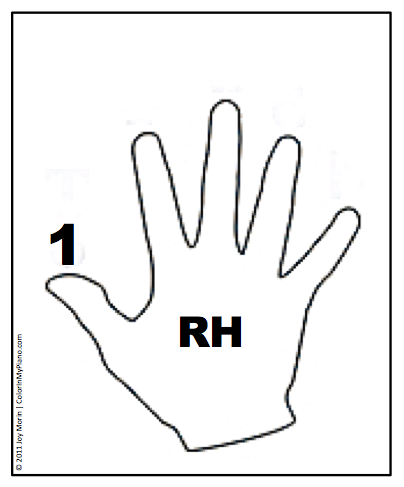
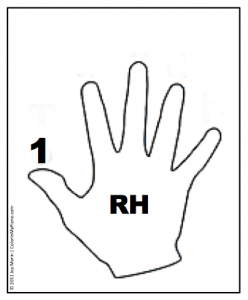 I have two 5-year-old students signed up for a Piano Readiness Class, and our first class was yesterday! We had such a fun time. We sang songs, listened to music to find/walk to the beat, traced our hands to learn about RH/LH/finger numbers, and more. Best of all, we played the Piano Hands Hunt game — a simple game I invented on a whim yesterday as I was lesson planning. It was quite a hit! The girls asked to play it again next week — a request I’m happy to oblige!
I have two 5-year-old students signed up for a Piano Readiness Class, and our first class was yesterday! We had such a fun time. We sang songs, listened to music to find/walk to the beat, traced our hands to learn about RH/LH/finger numbers, and more. Best of all, we played the Piano Hands Hunt game — a simple game I invented on a whim yesterday as I was lesson planning. It was quite a hit! The girls asked to play it again next week — a request I’m happy to oblige!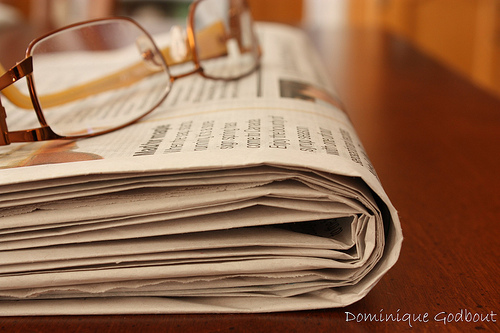
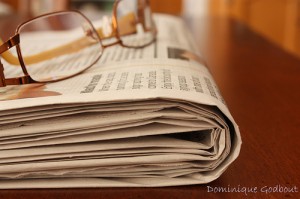 Last time, we shared
Last time, we shared